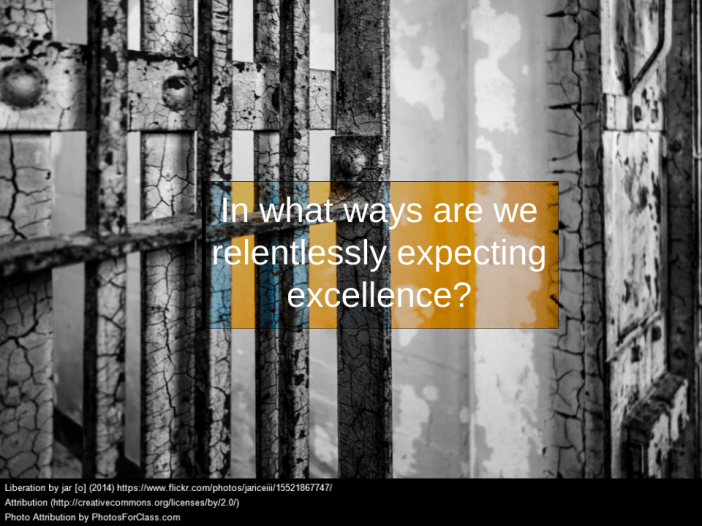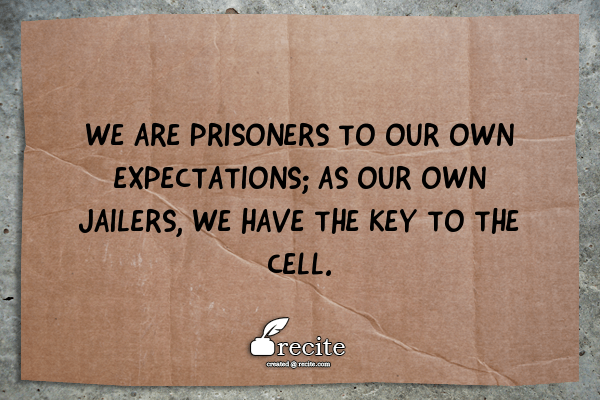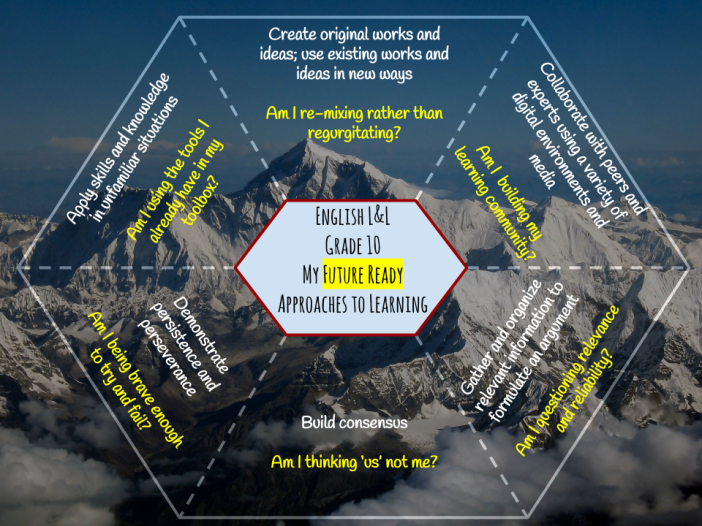What is the future of education? What would the ideal school look like? Will schools even exist in 100 years? 200 years? 1000?
The only reasonable answer must be somewhere close to “we don’t really know”.
However, if there was one thing, just one, we could change right now, some aspect that we can control, what might that be? Well, John Hattie has been researching this issue for some time with his now infamous meta-analyses of educational research. Here is the most updated list of effect sizes, in rank order. Leaving aside the technicalities and possible criticisms of the methodology, what conclusions can we draw from the latest ranking? To me, I walk way with one over-riding thought:
To unpack this a little, here are the mindsets we can control, right now, and know we are making a positive difference for student learning:
- We must believe we have the resources required to be as successful as we wish to be, even if sometimes we need to go digging for them.
- The first step to achievement, for ourselves and our students, is a ceaseless expectation of it.
So, my one upgrade to school, today? Let’s relentlessly visualise and expect excellence. Let’s have a shared understanding that we hold ourselves accountable for this on a daily basis, and through this mindset, spread an expectation for excellence to our students, to our colleagues, to our school, beyond our schools. The corollary to this, of course, is the resilience to embrace imperfection. In fact, it’s perhaps why being brave enough to fail is so important – it gives us permission to hold exceptional expectations.
So, as I start to look to next year, I will ask everyone that will listen:

The belief alone, in the very possibility of achieving more, will be self-fulfilling.
Together, let’s look down, notice that we hold the key to the prison cell, fit it to the lock and turn.



 Thoughts?
Thoughts?